How can we resist the rigid wheel of healthcare digitization?
08. 03. 2023
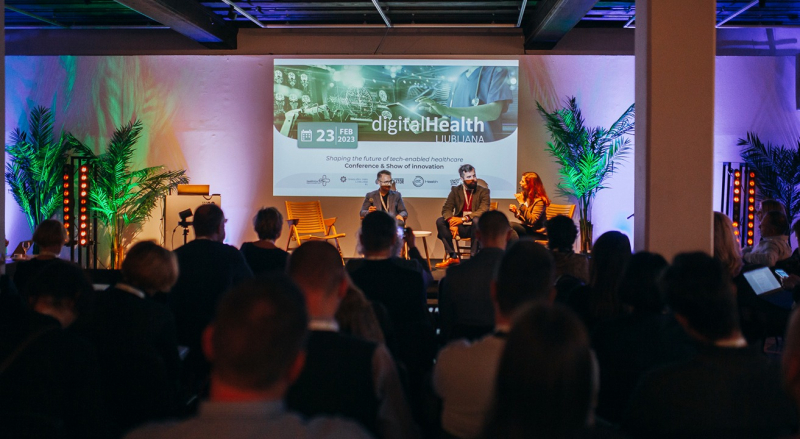
Healthcare is facing ever-increasing challenges, such as staff shortages, demands for digitization, and the need to reorganize local healthcare systems. In Slovenia, we are not lagging behind in the innovation of digital health solutions, but we could take a more systemic approach to solving the challenges of the healthcare system, it was said at international Digital Health 2023 conference that we recently held at Fužine Castle in Ljubljana. The experts discussed trends and advanced technologies in the field of health. They presented numerous innovations that represent an important tool for improving the healthcare system.
One of the challenges is unifying the healthcare information system, it was said. According to Rebeka Žerovnik from the Technology Park Ljubljana, the purpose of the conference was to involve all the participant of the healthcare system: entrepreneurs, startups, researchers, healthcare workers and policy makers, who can enable faster regeneration of the weakened healthcare system.
Feedback from physicians on solutions
We have hosted a number of physicians, and they agree that the complexity of healthcare is increasing. They face staff shortages on a daily basis and now have to start using all these new smart solutions that are simply taking too much of their time.
They confirmed that collecting data is great, but the solutions should be as simple as possible. Documents that pop up to show that something is wrong or changing with a patient are useful.
Patients' questions usually arise at home - so they need a solution that allows them to communicate more easily.
Artificial intelligence in healthcare
Medicine is becoming more complex, and we have a shortage of doctors who spend 30% of their time on administrative tasks. Therefore, solutions are being developed towards AI that could really make a difference.
According to Siemens HEALTHINEERS, 80% of cases go through an imaging process. They predict that in the future, AI will take over triage and doctors will only deal with complex cases. AI will not replace doctors, but give them tools to treat patients more efficiently.
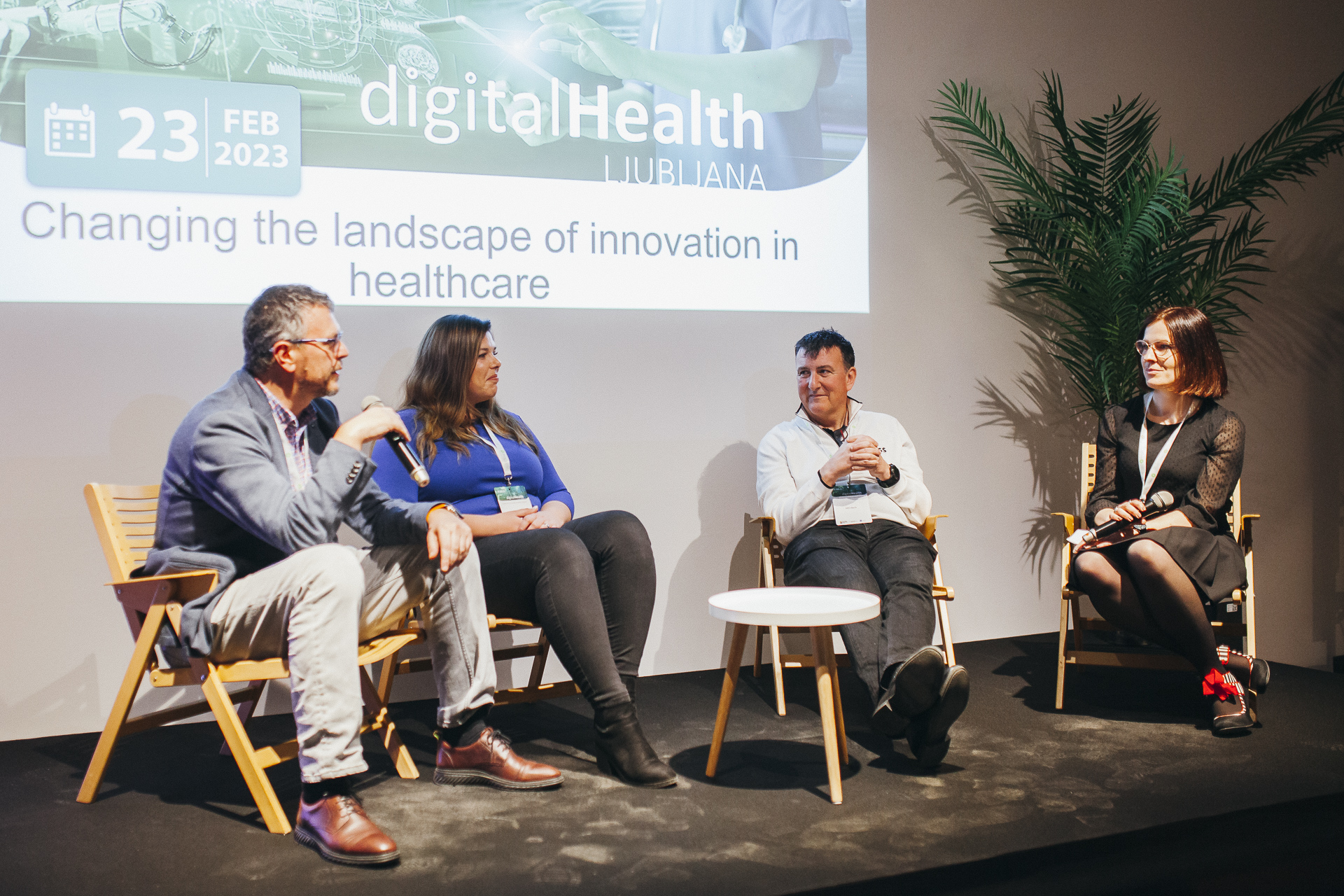
Innovative public procurement
Innovative public procurement is important because startups do not have the credentials that are normally required to run a bidding process. The problem for administrations is what is innovation! Top management commitment and awareness throughout the institution is critical. It is easier when the CEO or President is a visionary and committed to new solutions.
Barbara Slak Turk from Novo mesto Hospital said they are buying innovative solutions that are already on the market, but not on a large scale. This saves them time for development. When they buy, they look not only at price, but also at technical solutions, innovations that facilitate patient recovery, business optimization, time savings, etc.
These are the recommendations of hospitals that would facilitate innovative public procurement:
- They need government funding allocated to innovative solutions.
- They need an organization/platform to inform what the market has to offer.
- They need a roadmap of EU funds and how to apply for them.
- Ministry of Health would need to partner with hospitals to have the same procurement system.
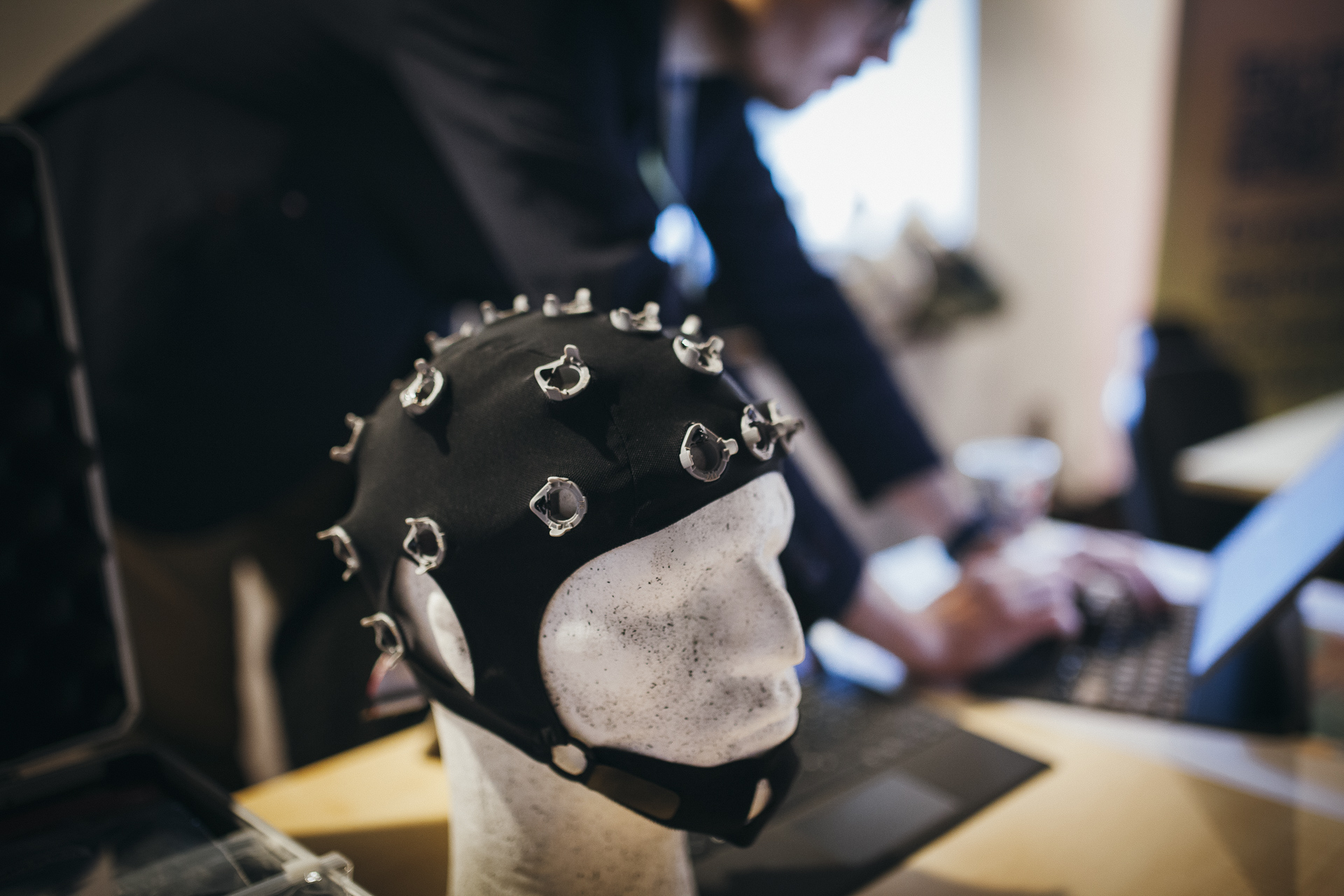
Exchanging best practices from abroad
Digital health apps and solutions are increasingly becoming a part of our healthcare delivery. While these apps are available in many medical specialties, it is a challenge to integrate them into government healthcare systems to reap the benefits for the entire population.
The German DiGA system addresses this problem with a model worthy of detailed analysis. DiGA stands for Digital Health Application or Digital Health Applications which can be prescribed by a doctor to a patient and contains solutions to support the treatment of mental illness, diabetes, migraine, insomnia and obesity.
Under the new law, 73 million people with statutory health insurance (about 90% of the total population) will be eligible to use DiGAs starting in 2019, provided they have a prescription or a certified diagnosis. In short, this means that digital healthcare has arrived and is here to stay in primary care.
Simply put, DiGAs are "apps on prescription."
How do you get a DiGA stamp?
Romania-based re.flex is changing the way patients recover (knee and back pain) - an assistant that replaces rehabilitation. The CEO had two knee injuries and solved his own problem as no data is used in physical rehabilitation. He explained all the requirements and the way to go to get a "diga stamp".
First, you must have counsellors with a track record. The process is very expensive. The biggest bottleneck is understanding how to structure a clinical trial. You need a clinical trial with at least 60 patients, you need a lot of compliance - data security, etc. You need about 500,000 euros to get DiGA approval. And after you get approval, the DiGA is not going to solve your revenue problems. You still need doctors to prescribe your app and patients to use it.
Eastern Europe is moving from laggard to innovation driver!
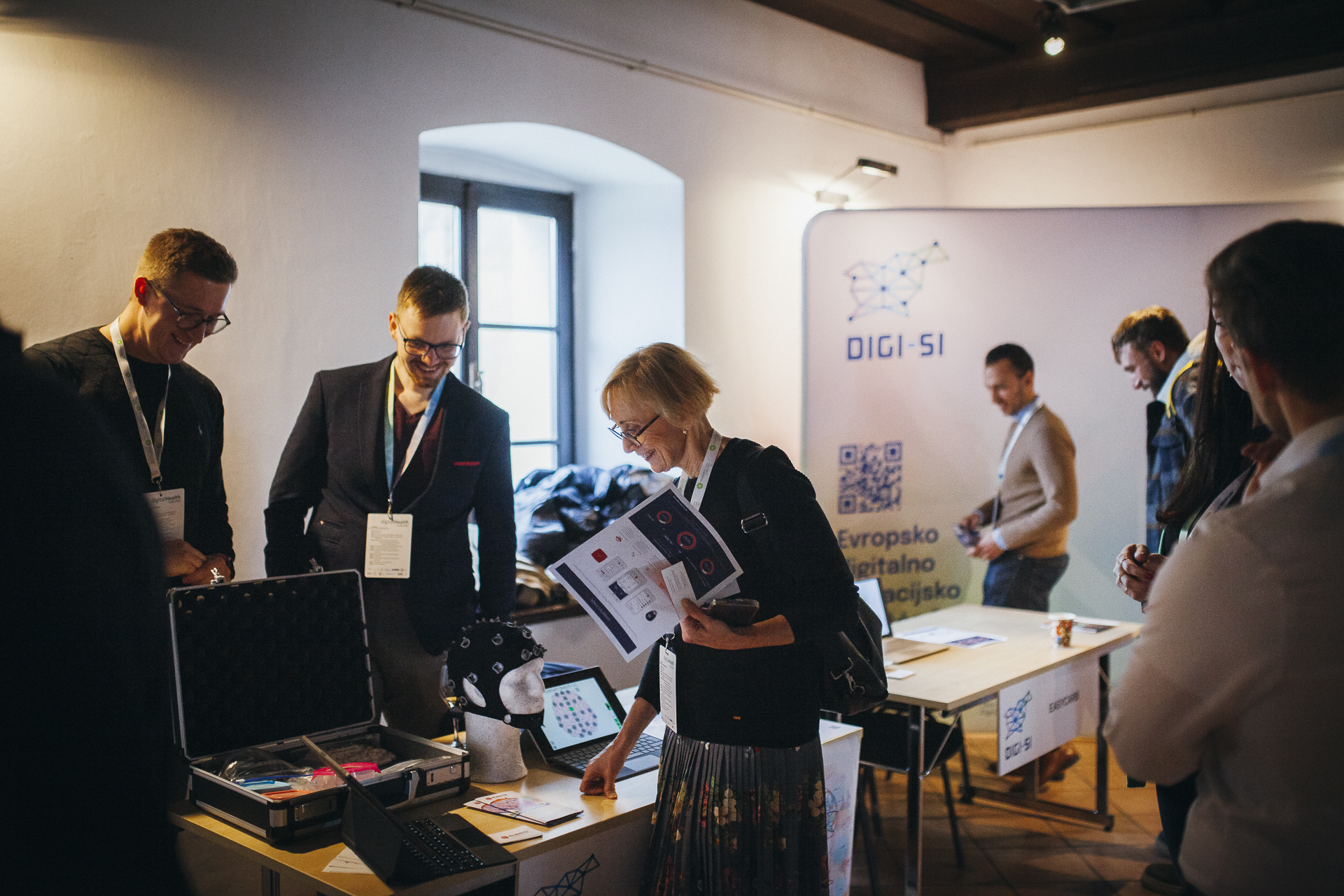
Home monitoring solutions
Experts at the conference discussed, among other things, the current state of digital solutions supported by artificial intelligence and the future of apps and devices for home testing and treatment.
DiaPee
DiaPee is a combination of a urine flow meter, bladder emptying monitoring application and support services for people with urinary incontinence, enabling detection and monitoring of the condition outside of the clinical setting.
Vitabits
Is a remote monitoring solution that helps patients with chronic diseases. It monitors vital signs, eating habits, etc. It has automatic synchronization with a doctor and text/video communication material.
Truebar
Speech-to-text solution for Slovenian language and medical terminology.
SAVYY
Savvy is a real-time ECG monitoring integrated with the OTH telemedicine platform.
Join the E-DIH community
We can all agree that the healthcare system is one of the most complex and rigid, the bureaucracy is overwhelming. We have moved from personalized to standardized medicine, but with technology, we are moving back.
Digital health is about health and health is about people. People need to start talking to each other to advance digital health.
In the EDIH initiative, we give a voice to all of you: patients, doctors, startups, and policy makers. Join us and make a difference.

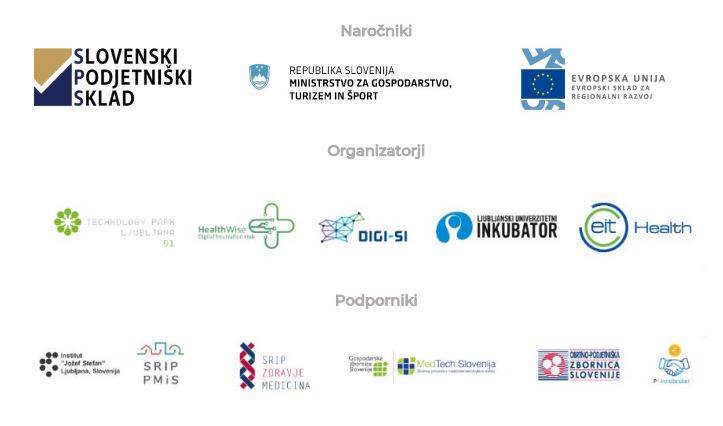
The event is co-financed by the Slovenian Enterprise Fund and the European Union from the European Fund for regional development. It is implemented on the basis of the program "Substantive support of recipients of funds (SMEs) in the period from 2018 to 2023 within the framework of the Operational Program for the implementation of European cohesion policy in the period 2014- 2020."
